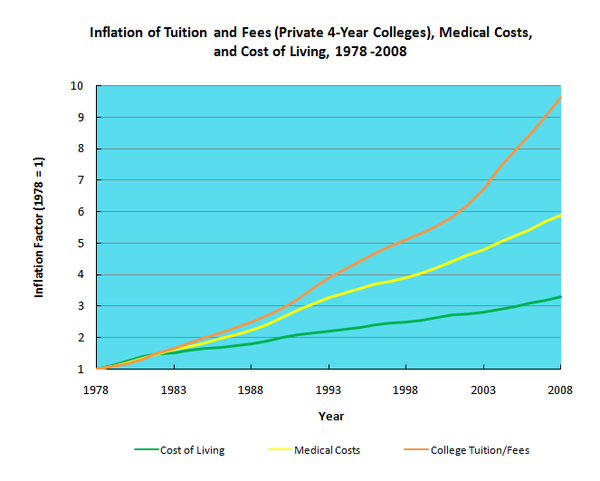A great article in The Atlantic that I stumbled upon thanks to Yohan John. Learning a new language is one thing, but learning a new culture, that's something else. I am presently reading a book by Tracy Kibber, "The Strength in What Remains"... (which I highly recommend) and I can appreciate the connection between the protagonist in Kibber's book and the author of this article.
Have a read.
